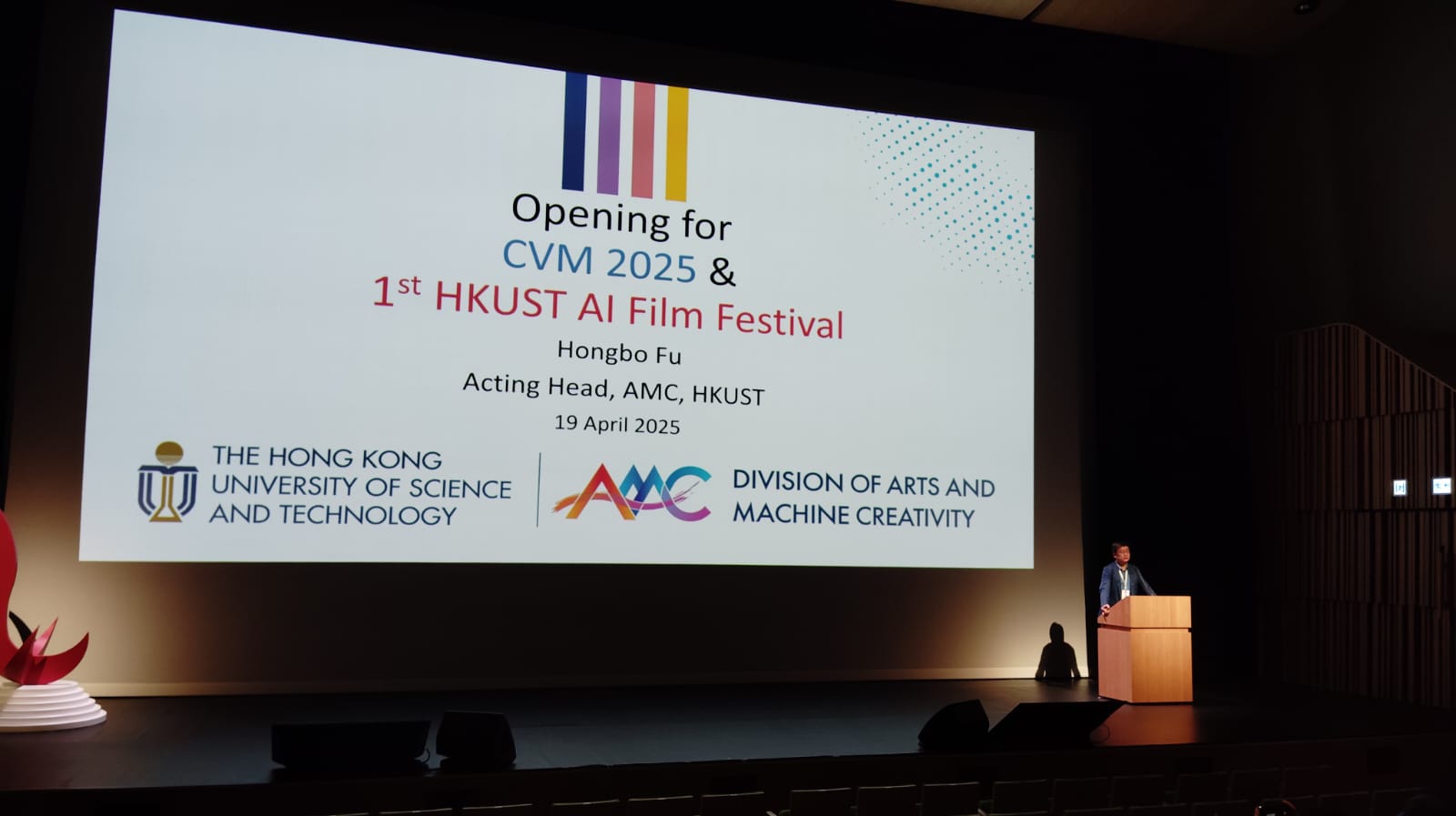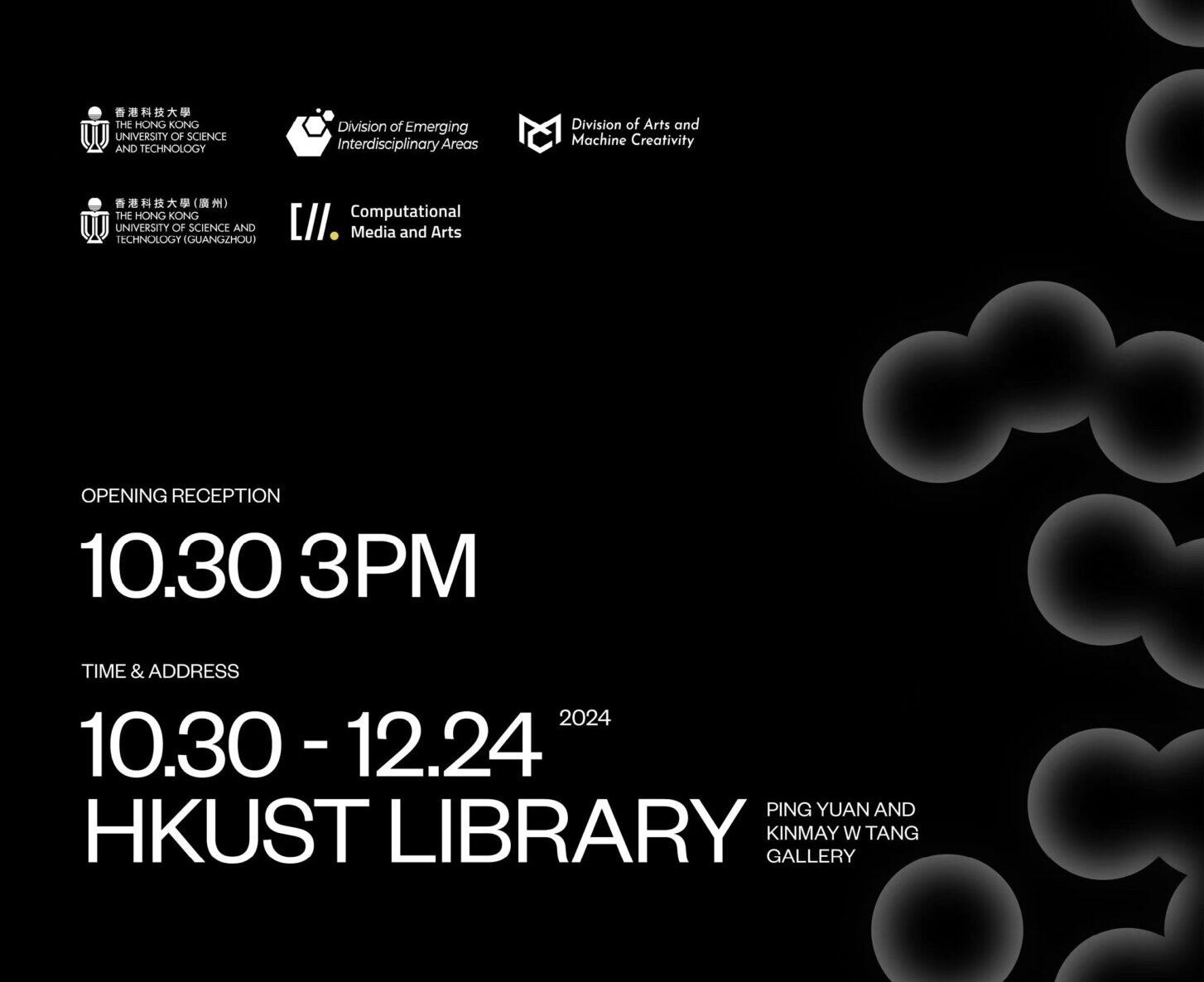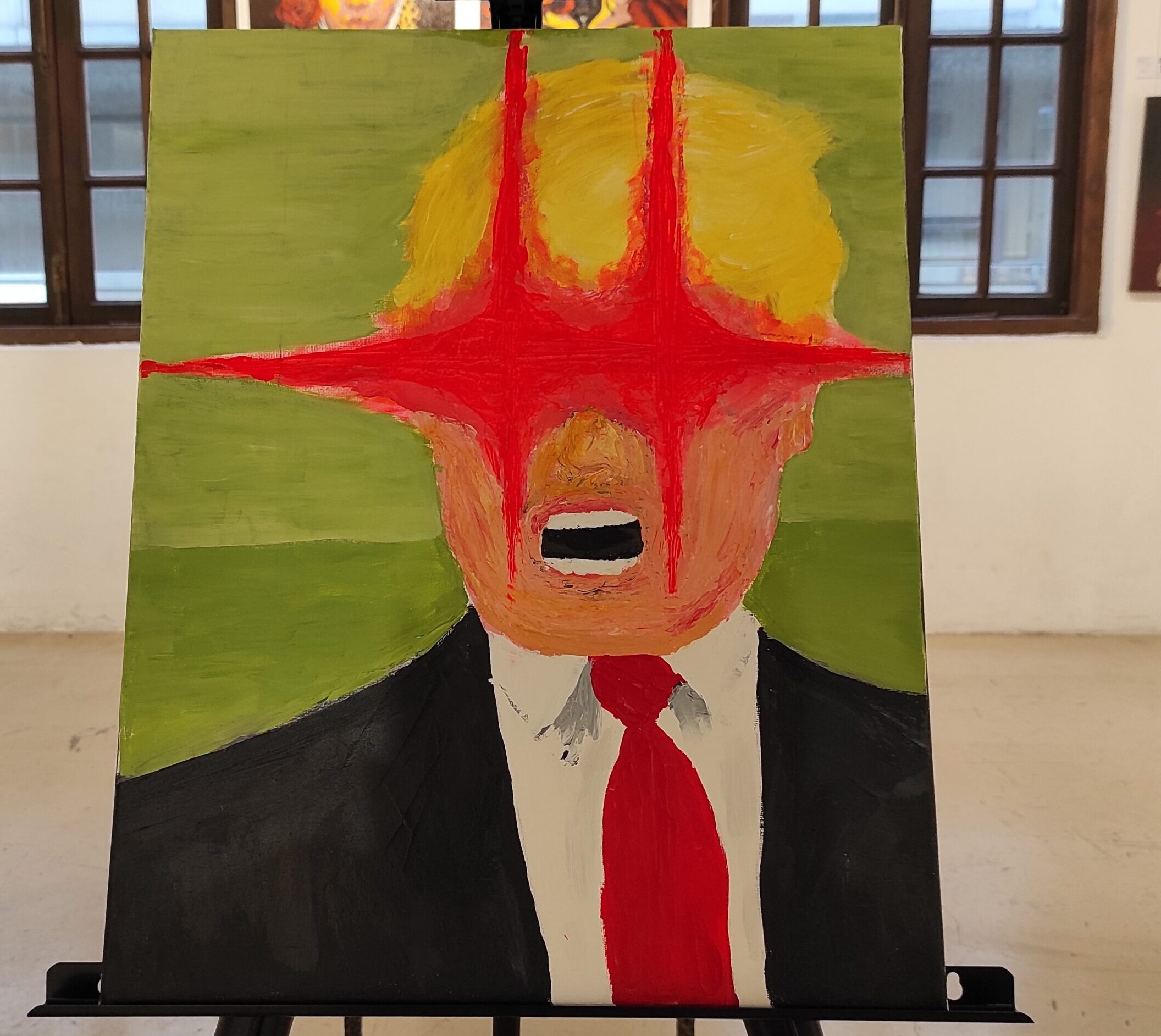Embracing an Academic Journey in my late fifties – as a lecturer, as a PhD graduate.
Embarking on a PhD journey in my late forties was a decision driven by passion and a desire for continuous learning. With a diverse career background as a tech entrepreneur, toy store owner, and executive director, I found myself yearning to delve deeper into the academic realm. This journey led me to pursue a part-time PhD which later become just a Master of Research in Technology-Enhanced Learning. This research-based degree eventually opened doors to an intriguing research topic that I had taken for the last 6 years as a part-time PhD student at the Universiti Sains Malaysia. My research topic is related to Smart City Development and Leadership attributes. I am now 58 and had been a full time teaching faculty at the Academy of Interdisciplinary Studies for over a year now.
The Transition: From Entrepreneur to Academic
The transition from being a tech entrepreneur and CEO to a part-time student was both challenging and rewarding. Initially, the thought of returning to academia was daunting. However, my varied professional experiences provided a unique perspective and a rich foundation for my studies. The skills I had honed in leadership and innovation were invaluable as I navigated the complexities of academic research.
Why It’s Never Too Late to Pursue a PhD
Choosing to embark on a PhD journey in my late forties was a testament to the belief that it is never too late to pursue one’s passions. Many people view age as a barrier to academic pursuits, but I found that my life experiences enriched my research and provided a depth of understanding that younger students might not possess. As a part-time student, I was able to balance my studies with professional commitments, demonstrating that age and experience can be significant assets in academia[2].
Discovering a Passion for Smart City Development
My research led me to the fascinating field of Smart City Development and Leadership. This topic resonated with my background in technology and innovation, allowing me to explore how cities can leverage technology to improve urban living. The intersection of leadership and smart city initiatives became a focal point of my studies, offering insights into how effective leadership can drive technological advancements in urban environments.
The Importance of Chasing Passion and Acquiring New Skills
Throughout my journey, I realized the importance of pursuing passions and acquiring new skills. The decision to study part-time allowed me to apply my academic learnings directly to my professional life, creating a symbiotic relationship between theory and practice. This approach not only enriched my research but also enhanced my professional capabilities, underscoring the value of lifelong learning.
The SKIN Framework for Career Development
In designing the SKIN framework for career development, I emphasized the importance of Skills, Knowledge, Innovation, and Networking. This framework has guided my career transitions and academic pursuits, highlighting the need for continuous skill development and knowledge acquisition. By embracing innovation and building a strong network, individuals can navigate career changes and academic challenges effectively.
Conclusion: Encouragement for Future Scholars
To anyone contemplating a return to academia later in life, I say this: embrace the journey. Age should never be a deterrent to pursuing a PhD or any form of higher education. The wealth of experience and perspective that comes with age can significantly enhance your academic and professional endeavors. As I continue my research in Smart City Development, I am reminded that it is never too late to chase your dreams and contribute meaningfully to your field of interest.
I passed my Viva Voce in January 2024, with a verbal verdict of “Pass with major corrections” and I was given 12 months maximum to prove myself that I can make all the corrections and up to the rigourous standard for the panel of examiners. In early July, I submitted my final corrections of the thesis and there was a major overhaul – from proper referencing, properly explaining myself to chapters needing major reshuffle. In short, it was a major “operation” for a surgeon.
I was finally offered a PASS in my PhD by my examiners Aug 4th and Aug 9th and Dean has approved to proceed to present to the Senate at the Universiti Sains Malaysia.










